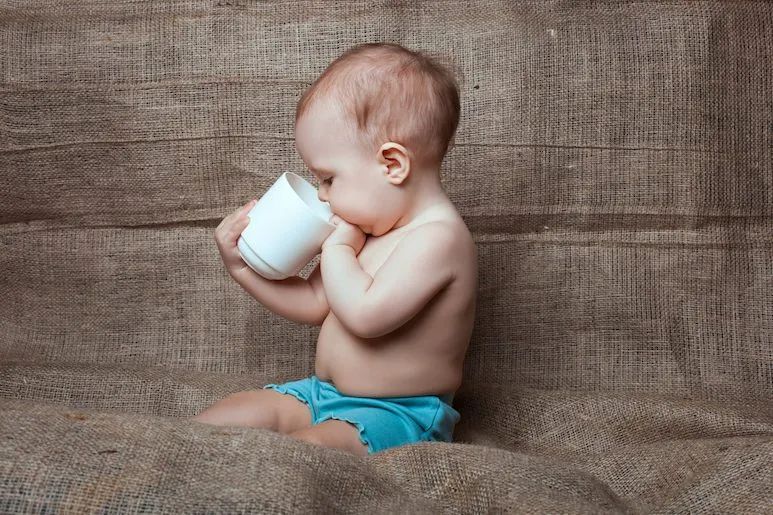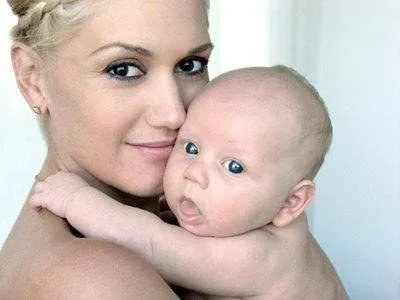
En la intención de dar a los pequeños un tratamiento lo más sano posible muchas madres y padres ofrecen a sus hijos infusiones o preparados que muchas veces se venden con la garantía de ser un producto natural, como si la coletilla “natural” significara “exento de efectos secundarios”. La realidad es que las infusiones de hierbas son más peligrosas de lo que parece y por tanto no deberían darse a los niños enfermos, y mucho menos a los sanos (la mayoría de los que las reciben).
Es común escuchar a padres decir "tenia cólicos, la abuela le preparó malojillo con anis estrellado"... "No paraba de toser, mi vecina le dio hierbabuena.." y asi, un sin fin de afirmaciones que nos pone de cabeza en la consulta día a día... Pero, qué pasa en sus pequeños cuerpecitos que no toleran las plantas como los adultos...? Los bebés son más vulnerables que los adultos ante la toma de cualquier medicación dado su menor tamaño y las dosis deben ser calculadas en base a su peso, para evitar intoxicaciones.

Las infusiones de hierbas no dejan de ser tratamientos que pueden tener efectos secundarios ya que la mayoría contienen principios farmacológicamente activos y por lo tanto pueden provocar intoxicaciones según la cantidad administrada. Si tenemos en cuenta también que la composición de las infusiones o preparados no está estandarizada, el peligro aumenta.
Algunas plantas contienen productos tóxicos y si se toman en cantidad o tiempo suficiente podrían dañar al bebé.
Entre ellas: alfalfa, amapola, anís estrellado (retirado del mercado español), anís verde, artemisa, boj, boldo, caulofilo, cornezuelo, efedra, eucalipto, fucus, hinojo, hisopo, kava (retirado del mercado español), nuez moscada o salvia. Muchas infusiones contienen taninos y otros compuestos que ligan el hierro y otros minerales, disminuyendo su biodisponibilidad (o sea, evitando que el bebé lo absorba correctamente). Es el caso, por ejemplo, de la manzanilla, el té verde y otros tipos de tes.
El anís, el hinojo y el comino actúan según su principio activo anetol, un depresor neurológico que produce, según la dosis, somnolencia, convulsiones y coma. Por desgracia existen muchos casos de niños intoxicados con estas hierbas (sobretodo por el anís estrellado).
Entonces.? Mejor y más recomendado para tu bebé; NO AUTOADMINISTRES INFUSIONES, salvalo de padecer daño renal y/o hepático e inclusive la muerte.! Ante cualquier sintoma o duda acude a tu médico más cercano.

In the intention to give children as healthy treatment as possible, many mothers and fathers offer their children infusions or preparations that are often sold with the guarantee of being a natural product, as if the "natural" tag meant "free of charge". side effects". The reality is that herbal infusions are more dangerous than they seem and therefore should not be given to sick children, much less to healthy ones (most of those who receive them).
It is common to hear parents say "I had cramps, my grandmother prepared a little dish with star anise" ... "I kept coughing, my neighbor gave her peppermint ..." and so, an endless number of affirmations that puts us head on the day-to-day consultation ... But, what happens in their little little bodies that plants like adults do not tolerate ...? Babies are more vulnerable than adults to taking any medication given its smaller size and doses should be calculated based on their weight, to avoid poisoning.
The infusions of herbs are still treatments that can have side effects since most contain pharmacologically active principles and therefore can cause intoxications depending on the amount administered. If we also take into account that the composition of the infusions or preparations is not standardized, the danger increases.
Some plants contain toxic products and if they are taken in sufficient quantity or time they could harm the baby.
Among them: alfalfa, poppy, star anise (removed from the Spanish market), anise green, mugwort, boxwood, boldo, caulophyll, ergot, ephedra, eucalyptus, fucus, fennel, hyssop, kava (withdrawn from the Spanish market), nutmeg or sage. Many infusions contain tannins and other compounds that bind iron and other minerals, decreasing their bioavailability (that is, preventing the baby from absorbing it correctly). This is the case, for example, of chamomile, green tea and other types of teas.
Anise, fennel and cumin act according to its active principle anethole, a neurological depressant that produces, depending on the dose, drowsiness, seizures and coma. Unfortunately there are many cases of children intoxicated with these herbs (especially star anise).
So.? Best and most recommended for your baby; NO AUTO ADMINISTRATION INFUSIONS, save him from suffering kidney and / or liver damage and even death. In case of any symptom or doubt, go to your nearest doctor.